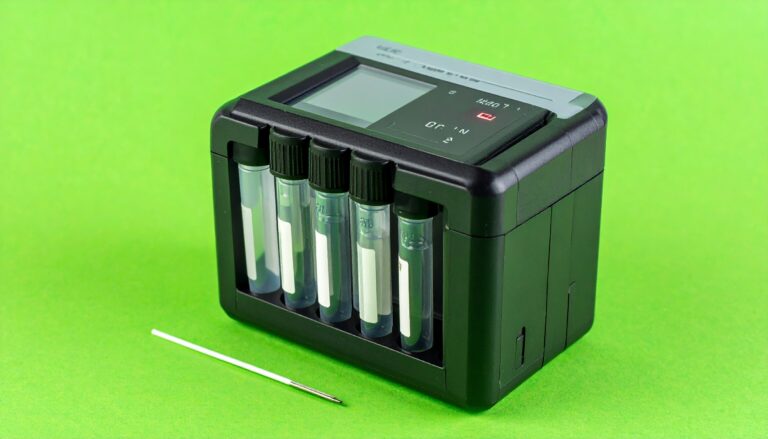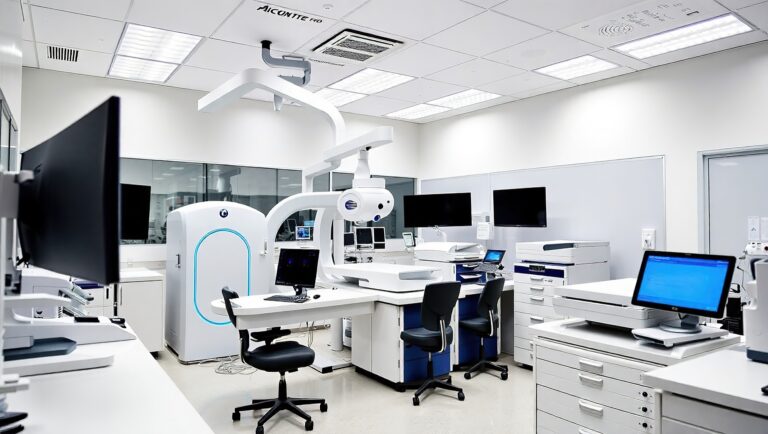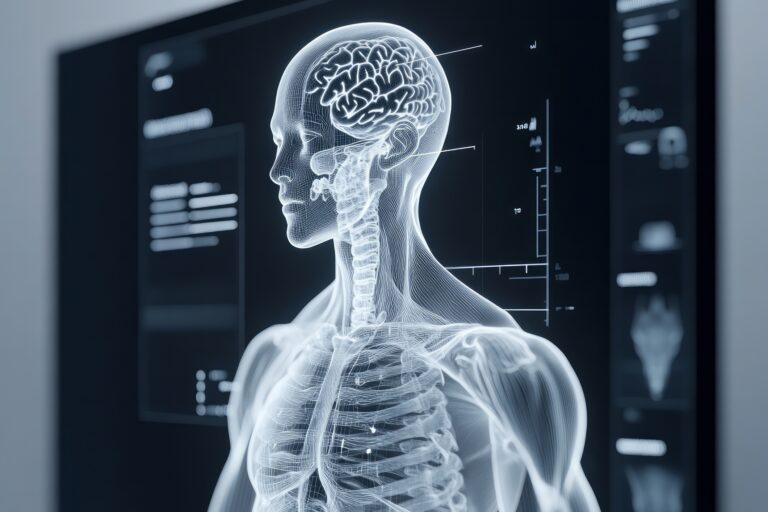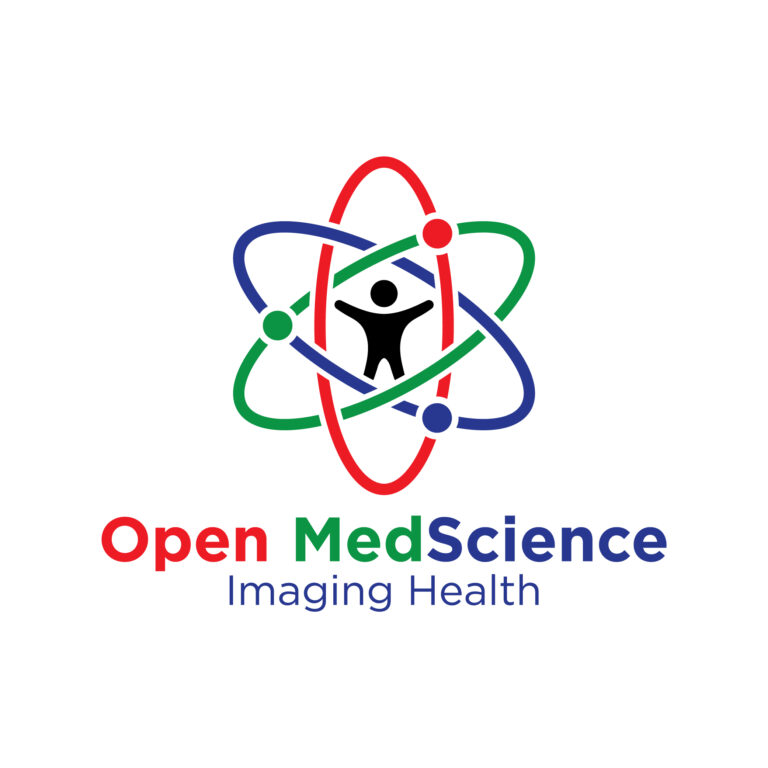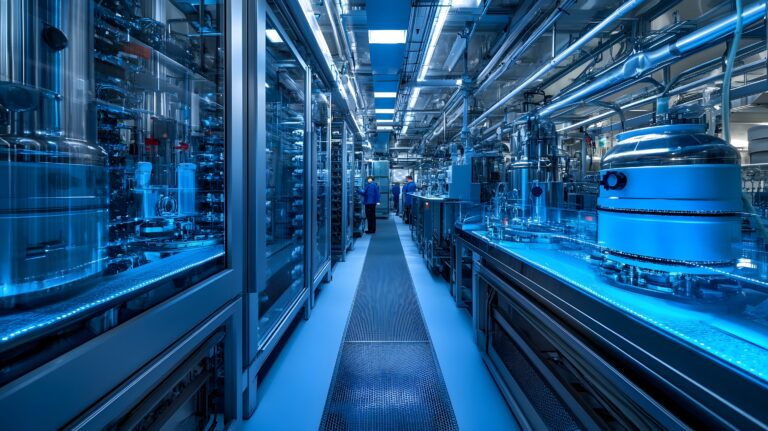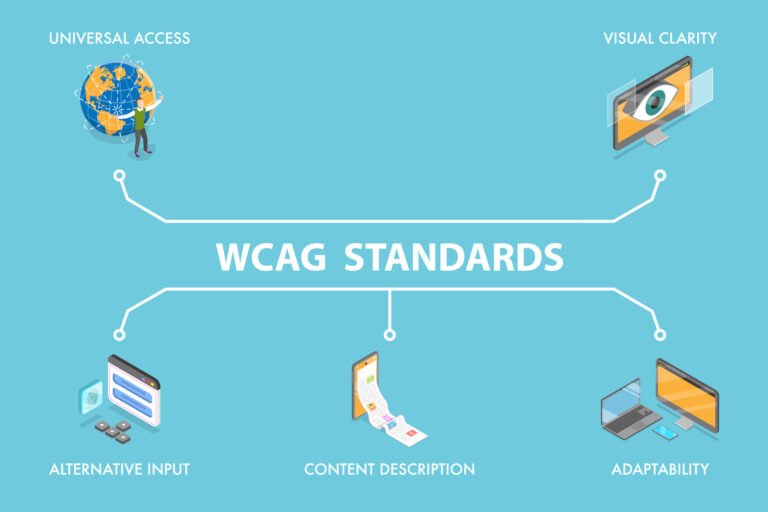Green Healthcare Technology
Green healthcare technology is transforming the medical field by integrating environmentally friendly solutions into patient care, hospital operations, and medical research. As healthcare systems worldwide face increasing pressure to reduce their carbon footprint, innovations in green technology are paving the way for more sustainable practices without compromising patient outcomes.
Energy-Efficient Hospitals
Hospitals are among the most energy-intensive buildings, consuming vast amounts of electricity and water daily. Green hospital initiatives focus on energy-efficient designs, such as LED lighting, smart climate control systems, and renewable energy sources like solar and wind power. Many healthcare facilities are adopting energy-efficient heating, ventilation, and air conditioning (HVAC) systems, which significantly reduce energy waste. Additionally, smart grids and battery storage solutions help hospitals manage power use more effectively, ensuring a stable energy supply even in emergencies.
Sustainable Medical Equipment and Devices
Medical devices and equipment contribute to significant waste and environmental pollution. To tackle this, manufacturers are increasingly focusing on eco-friendly designs that use biodegradable or recyclable materials. Single-use plastic items, such as syringes and IV bags, are being replaced with sustainable alternatives, including bioplastics made from renewable sources. Additionally, advancements in sterilisation techniques allow for the safe reuse of certain medical instruments, cutting down on disposable waste.
Telemedicine and Digital Healthcare
Telemedicine has gained momentum as a green healthcare technology by reducing the need for physical travel, thereby lowering carbon emissions. Virtual consultations, remote patient monitoring, and digital health records reduce paper waste and energy consumption in hospitals and clinics. AI-driven diagnostics and wearable health monitoring devices enable patients to manage their conditions at home, further decreasing the environmental impact of frequent hospital visits.
Waste Management and Recycling in Healthcare
Healthcare generates a significant amount of waste, including hazardous and non-hazardous materials. Green technology is addressing this challenge through improved waste segregation and recycling processes. Hospitals are adopting innovative waste-to-energy systems, which convert medical waste into usable energy, reducing landfill dependency. Additionally, pharmaceutical waste disposal methods are evolving to prevent harmful chemicals from contaminating water sources, ensuring safer environmental practices.
Green Pharmaceuticals and Biotechnology
The pharmaceutical industry is exploring sustainable drug production methods to minimise environmental harm. Green chemistry techniques focus on reducing toxic waste in drug manufacturing by using renewable raw materials and more efficient synthesis routes. Biodegradable drug delivery systems are also emerging, helping to reduce pharmaceutical pollution. Moreover, plant-based and lab-grown alternatives to traditional medicines are being developed to decrease reliance on resource-heavy processes.
Conclusion
Green healthcare technology is essential for creating a more sustainable and environmentally conscious medical system. By adopting energy-efficient hospital infrastructure, sustainable medical devices, digital health solutions, improved waste management, and greener pharmaceuticals, the healthcare industry can reduce its ecological footprint while continuing to deliver high-quality patient care. As technology advances, further innovations will ensure that healthcare remains both effective and environmentally responsible.
home » Green Healthcare Technology

